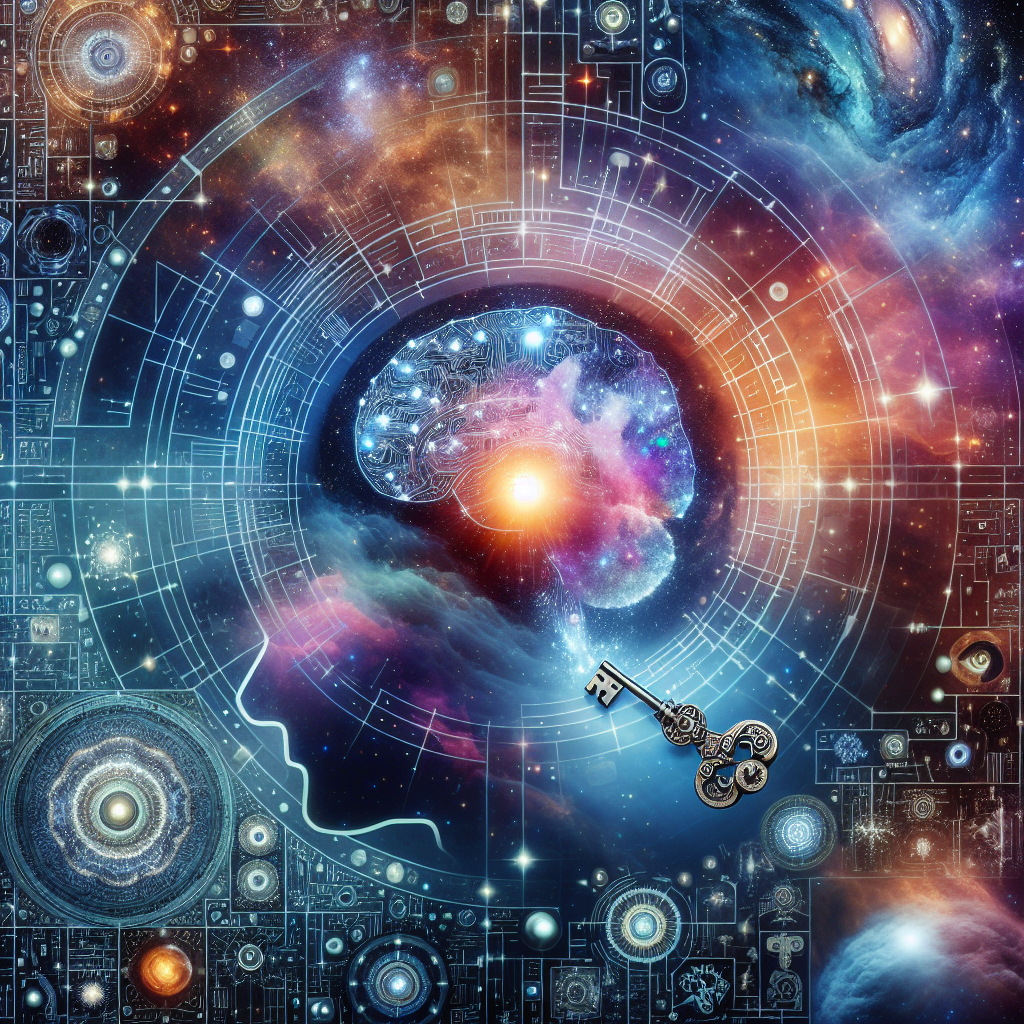AGI: The Key to Unlocking the Mysteries of the Universe?
Artificial General Intelligence (AGI) is a concept that has been the subject of much speculation and debate in recent years. AGI refers to a type of artificial intelligence that possesses the ability to understand, learn, and apply knowledge in a way that is similar to human intelligence. While current AI systems are designed for specific tasks and are limited in their capabilities, AGI has the potential to revolutionize the way we interact with technology and could hold the key to unlocking the mysteries of the universe.
In this article, we will explore the concept of AGI, its potential applications, and how it could help us gain a deeper understanding of the universe.
What is Artificial General Intelligence (AGI)?
Artificial General Intelligence (AGI) is a type of artificial intelligence that is designed to mimic the cognitive abilities of humans. Unlike narrow AI systems, which are designed for specific tasks such as image recognition or natural language processing, AGI has the ability to learn and adapt to new tasks and situations.
AGI is often compared to human intelligence in terms of its cognitive abilities, such as reasoning, problem-solving, and learning from experience. While current AI systems excel at narrow tasks, they lack the flexibility and adaptability of a human mind. AGI seeks to bridge this gap by creating machines that can think and learn in a human-like way.
The potential applications of AGI are vast and varied. From autonomous robots that can perform complex tasks to virtual assistants that can understand and respond to natural language, the possibilities are endless. AGI could revolutionize industries such as healthcare, finance, and transportation, and could lead to new breakthroughs in science and technology.
How AGI Could Unlock the Mysteries of the Universe
One of the most exciting aspects of AGI is its potential to help us gain a deeper understanding of the universe. By combining the cognitive abilities of humans with the computational power of machines, AGI could help us tackle some of the most complex and pressing questions in science and philosophy.
For example, AGI could be used to analyze vast amounts of data from telescopes and satellites to uncover hidden patterns and relationships in the cosmos. By processing this data at speeds far beyond human capabilities, AGI could help us discover new planets, stars, and galaxies, and could shed light on the mysteries of dark matter and dark energy.
AGI could also revolutionize the field of particle physics by simulating complex interactions between subatomic particles. By running simulations of the early universe and the behavior of fundamental particles, AGI could help us uncover the secrets of the Big Bang and the nature of dark matter.
In addition, AGI could help us make sense of the vast amounts of data generated by experiments in fields such as biology, chemistry, and neuroscience. By analyzing this data and identifying patterns and correlations, AGI could help us develop new drugs, understand the mechanisms of diseases, and unlock the secrets of the human brain.
FAQs
Q: Will AGI replace humans in the workforce?
A: While AGI has the potential to automate many tasks currently performed by humans, it is unlikely to completely replace human workers. AGI is designed to complement human intelligence, not replace it, and there will always be a need for human creativity, empathy, and critical thinking in the workforce.
Q: Can AGI be dangerous?
A: Like any powerful technology, AGI has the potential for both positive and negative outcomes. It is important to develop ethical guidelines and regulations to ensure that AGI is used responsibly and for the benefit of society.
Q: How close are we to achieving AGI?
A: While significant progress has been made in the field of artificial intelligence, true AGI remains a distant goal. Researchers are still working to overcome challenges such as understanding natural language, common sense reasoning, and emotional intelligence. It is difficult to predict when AGI will be achieved, but many experts believe that it could be within the next few decades.
In conclusion, AGI holds the potential to revolutionize the way we interact with technology and could help us gain a deeper understanding of the universe. By combining the cognitive abilities of humans with the computational power of machines, AGI could help us tackle some of the most complex and pressing questions in science and philosophy. While the path to achieving AGI is still fraught with challenges and uncertainties, the possibilities it offers are truly exciting.

